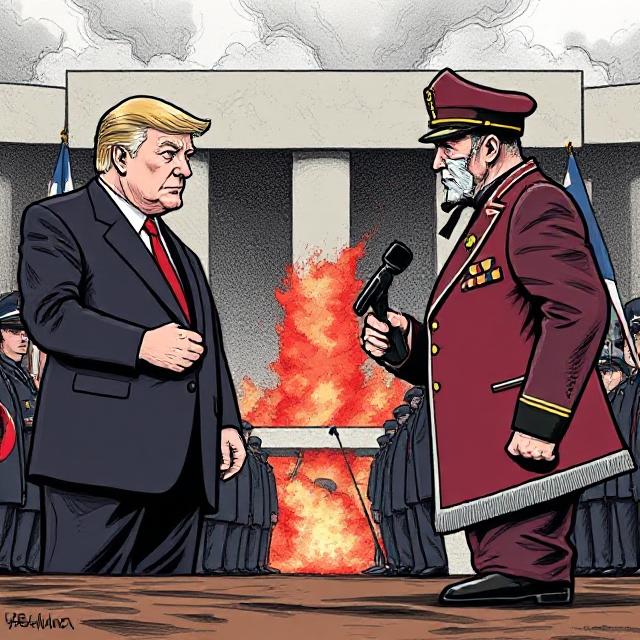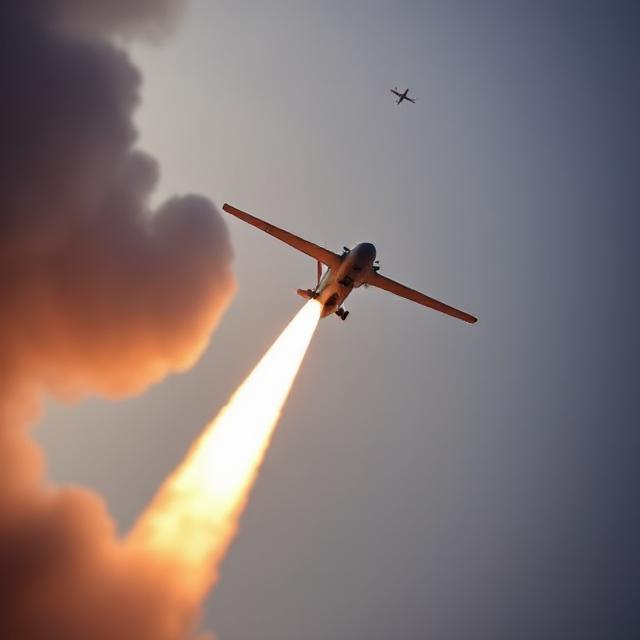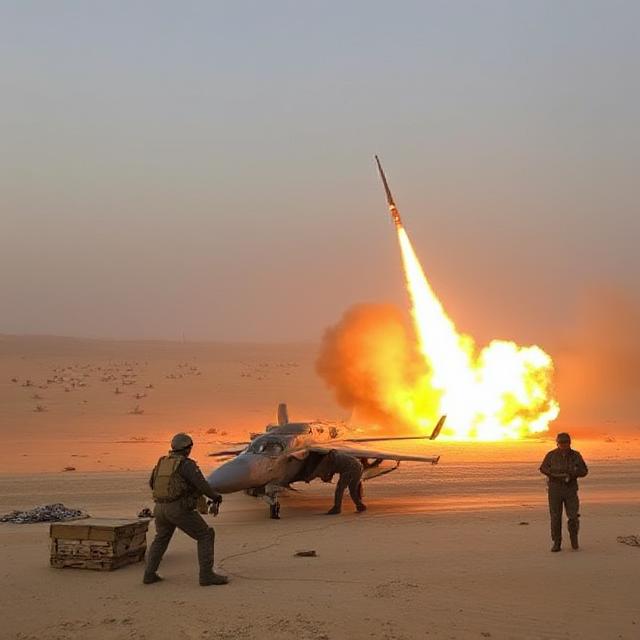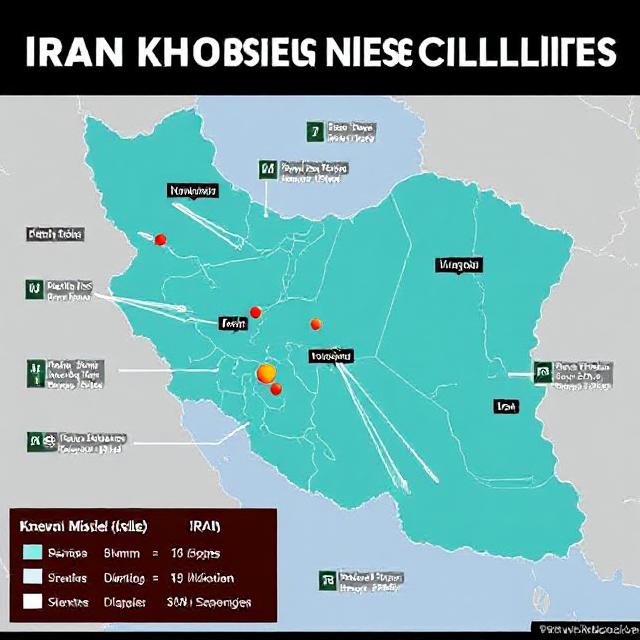Iran’s Supreme Leader Ayatollah Ali Khamenei warns the U.S. and Israel of further retaliation as nuclear negotiations stall. Explore Iran’s missile capabilities, the geopolitical implications, and what’s next for the region.
Iran’s Khamenei Issues Stark Warning to U.S. and Israel as Nuclear Tensions Rise

Iran’s Supreme Leader, Ayatollah Ali Khamenei, has once again delivered a stern warning to the United States and Israel, intensifying concerns about Middle East stability, nuclear proliferation, and regional warfare.
Speaking on state television Wednesday, Khamenei warns, “The fact that our nation is ready to face the power of the United States and its dog on a leash, the Zionist regime, is very praiseworthy.”
Khamenei warns The statement, widely seen as a direct challenge to both Washington and Tel Aviv, comes amid heightened scrutiny over Tehran’s nuclear activities and missile program, as well as recent clashes involving Iranian-backed militias and Western forces in the region.
🔥 Nuclear Deal Standoff and Khamenei’s Defiance

The 2015 Joint Comprehensive Plan of Action (JCPOA), widely known as the Iran nuclear deal, has been stalled since the U.S. withdrew in 2018 under former President Donald Trump. While the Biden administration has tried to revive talks, Tehran has continued to enrich uranium well beyond the levels permitted under the agreement.
Khamenei warns signal a hardening stance, not just against Western diplomats, but against any form of foreign pressure.
“This isn’t about diplomacy anymore,” said a regional analyst. “It’s about deterrence and perception of strength.”
📍 Key Developments at a Glance
| Date | Event |
|---|---|
| June 2025 | Israeli airstrike damages Fordow nuclear facility |
| July 2025 | U.S. and allies urge return to nuclear negotiations |
| July 16, 2025 | Khamenei issues new warning to U.S. and Israel |
| Ongoing | Iran expands missile, drone capabilities |
🚀 Iran’s Missile and Drone Capabilities Remain a Threat

According to U.S. intelligence reports, despite repeated Israeli efforts to dismantle Iran’s nuclear infrastructure, Khamenei warns Tehran retains significant missile firepower.
“Iran possesses roughly 1,500 medium-range ballistic missiles,” said Bill Roggio, senior fellow at the Foundation for the Defense of Democracies (FDD). “About 50% of its launch systems are still operational, making it a formidable adversary.”
⚠️ Strategic Strike on Al Udeid: “Just the Beginning”

Khamenei warns specifically referenced Iran’s missile strike on the U.S. Al Udeid Air Base in Qatar, calling it “just the beginning.” This signals a shift in Iranian strategy—from covert proxy operations to direct military engagements.
“An even bigger blow could be inflicted on the U.S. and others,” the Supreme Leader Khamenei warns
This rhetoric echoes Iran’s 2020 retaliation for the killing of General Qassem Soleimani, when missiles struck U.S. bases in Iraq, causing traumatic brain injuries to dozens of American personnel.
🛰️ Table: Iran’s Known Missile Capabilities (2025 Estimates)

| Missile Type | Estimated Range | Quantity | Status |
|---|---|---|---|
| Shahab-3 | ~2,000 km | 500+ | Active |
| Sejjil-2 | ~2,500 km | 100+ | Limited deployment |
| Fateh-110 | ~300 km | 600+ | Widely deployed |
| Zulfiqar | ~700 km | 200+ | Active |
| Cruise Missiles (various) | ~1,000 km | Unknown | Under development |
| Drones (Shahed series) | 500–2,000 km | Hundreds | Deployed to proxies |
💣 Regional Reactions and Diplomatic Concerns
Western allies, including France, Germany, and the UK, have expressed alarm over Iran’s military escalation and Khamenei warns inflammatory rhetoric. Meanwhile, Israel has vowed preemptive strikes, should Iran reach a nuclear breakout capability.
“We will not wait until it’s too late,” said an Israeli Defense Ministry spokesperson. “The security of our nation is non-negotiable.”
Middle East analysts fear a broader war could erupt if either side miscalculates in the coming weeks.
🌍 The Global Stakes: Oil, Security, and Alliances
An escalated conflict involving Iran, Israel, and the United States would have worldwide repercussions. From global oil prices to regional refugee flows and shifting military alliances, the stakes are high.
Key Global Concerns:
- Disruption of Strait of Hormuz shipping routes
- Surge in oil prices and inflation
- Increased refugee migration from neighboring countries
- Possible activation of NATO Article 5 if U.S. assets are targeted
- Escalation involving Hezbollah, Houthis, and other proxy militias
📊 Expert Opinions on Khamenei warns
| Expert | Affiliation | Comment |
|---|---|---|
| Bill Roggio | FDD / Long War Journal | “Iran’s missile arsenal is real and intact. Don’t underestimate it.” |
| Suzanne Maloney | Brookings Institution | “Khamenei wants leverage, not dialogue.” |
| Michael O’Hanlon | Brookings Senior Fellow | “The West must weigh its response carefully to avoid wider war.” |
| Amir Tsarfati | Behold Israel | “Israel will act if it feels nuclear breakout is imminent.” |
🛑 What’s Next: The Risk of Escalation
With diplomacy stalled and military posturing intensifying, the Middle East appears poised for a dangerous flashpoint. Iran may leverage its missile and drone strength as both deterrent and negotiation tool.
The U.S. must now decide whether to:
- Resume backchannel diplomacy
- Reimpose full sanctions
- Engage militarily if provoked
Khamenei, at 86, may be making one final push to define his legacy: a nuclear-armed, sovereign Iran that resisted Western pressure.
❓ FAQs About Iran’s Recent Khamenei warns
Q1: What did Ayatollah Khamenei say about the U.S. and Israel?
He warned that Iran is ready to strike again and called Israel “a dog on a leash” of the U.S., indicating further retaliation is possible.
Q2: What is the status of Iran’s nuclear program?
Despite attacks on nuclear sites, Iran continues uranium enrichment. Experts estimate nuclear weapon capability could be achieved in less than two years.
Q3: Is Iran planning another missile strike?
While no official plans have been announced, Khamenei’s comments suggest a willingness to escalate.
Q4: What is Al Udeid Air Base and why was it targeted?
It is a major U.S. military base in Qatar. Iran’s attack symbolized its reach and response capacity to U.S. presence in the region.
Q5: How has Israel responded to Khamenei’s warning?
Israel has reaffirmed its right to preemptive action, especially regarding Iran’s nuclear sites and missile bases.
